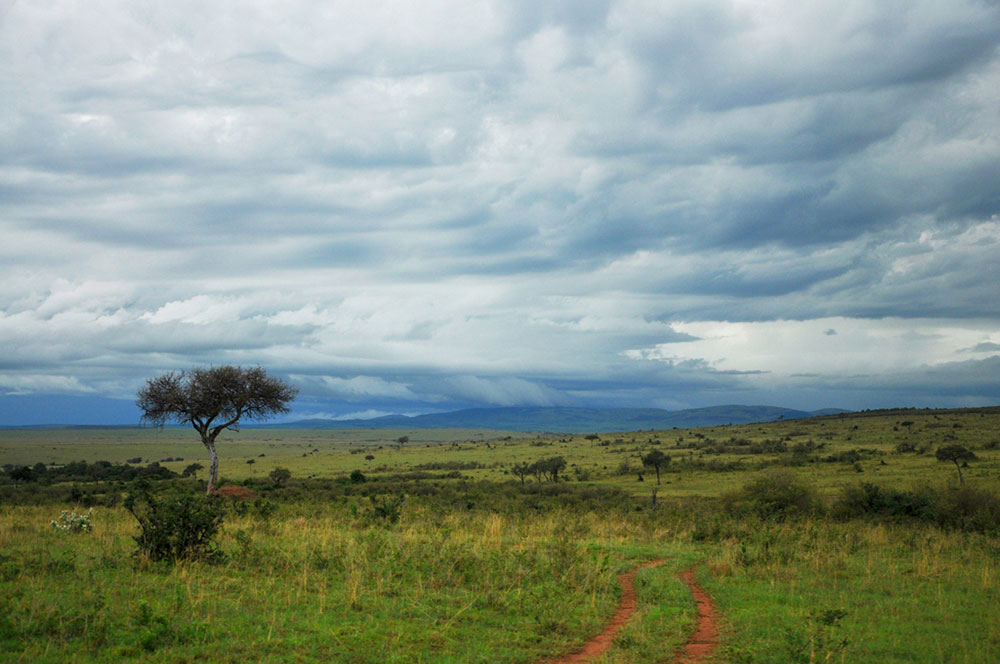Gregg Carr made a fortune with voicemail and the Internet before resigning from every one of his for-profit positions to become a philanthropist. He believes that giving is a form of entrepreneurship and that private enterprise is the best way to bring about change in the world.
For several years, he tried theater, museums, and even created the Center for Human Rights at Harvard with a gift of $18 million before stumbling across the country of Mozambique. Twice the size of California, Mozambique is one of the poorest nations on earth, with rampant HIV/ AIDS and a life expectancy of 40. It also has 1,500 miles of stunning white-sand beaches, rain forests draped in flowering plants and, at one time, the extraordinary Gorongosa National Park overflowing with big game herds and wildlife of every description
It was here that Carr found his next challenge. He wanted to boost the economy by creating a multi-billion dollar industry without destroying the environment. His answer was tourism. In 2005, he signed an agreement with Mozambique’s Ministry of Tourism to donate $40 million over 30 years for the ecological restoration and economic development of Gorongosa. The government recognized the dire need for conservation but could not afford to run a national park. As in many poor nations, food, housing, and medical care are the priorities, not investment in the environment.
The task ahead was enormous. The park, which had once teemed with wildlife and drew more visitors than the Serengeti, was silent when Carr first visited. He could walk or drive all day without seeing one living creature except a few birds. A 16-year-long civil war had ravaged the park. Battles raged within its borders, game was slaughtered for food, trails and roads were mined, and starving villagers cleared land for crops. Carr began his restoration efforts with rural people. They needed jobs, clinics, schools, clean water, and food grown with conservation- friendly agricultural practices.
His grand plan called for restoring the wildlife, which would attract tourists, then building environmentally friendly lodges throughout the park and recruiting experienced mangers to run them and share in the profits. A lot has been accomplished in a short time. Hippos wallow in the rivers, elephants come to drink at the lakes, and the forest once again rustles with the sound of wild animals.
Yet there is far more to do, and Carr expects to spend the rest of his working life in Gorongosa. Although there have been disappointments and setbacks, he remains convinced that the fastest way to solve a problem is with “economics,” not “public policy.” He was quoted in the New Yorker saying, “Every private sector entrepreneur has this incredible bias toward letting enlightened self-interest pull things along, and I fully believe this will happen.”



